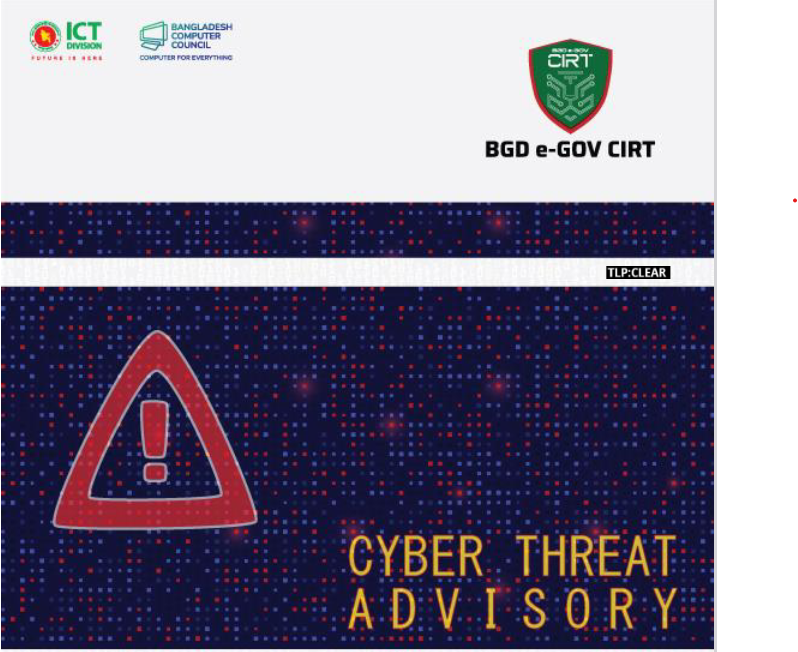Multiple Vulnerabilities in Cisco Jabber for Windows Could Allow for Arbitrary Code Execution
by CIRT Team
DESCRIPTION
Multiple vulnerabilities have been discovered in Cisco Jabber for Windows the most severe of which could allow for arbitrary code execution. Cisco Jabber provides instant messaging (IM), voice, video, voice messaging, desktop sharing, and conferencing on any device. Successful exploitation of the most severe of these vulnerabilities could allow an unauthenticated, remote attacker to execute code on the affected systems. Depending on the privileges associated with the application, an attacker could then install programs; view, change, or delete data; or create new accounts with full user rights. Applications configured to have fewer restrictions on the system could be less impacted than those who operate with elevated privileges.
IMPACT
Multiple vulnerabilities have been discovered in Cisco Jabber for Windows, the most severe of which could allow for arbitrary code execution. Details of these vulnerabilities are as follows:
• A vulnerability exists in the application protocol handling features due to improper handling of input that could lead to arbitrary command execution. (CVE-2020-3430)
• A vulnerability exists due to improper validation of message contents. This vulnerability could allow an authenticated, remote attacker to execute arbitrary code. (CVE-2020-3495)
• A vulnerability exists due to improper validation of message contents. This vulnerability could allow an authenticated, remote attacker to gain access to sensitive information. (CVE-2020-3498)
• A vulnerability exists due to improper validation of message contents. This vulnerability could allow an authenticated, remote attacker to gain access to sensitive information. (CVE-2020-3537)
•
Successful exploitation of the most severe of these vulnerabilities could allow for remote code execution in the context of the logged-on user. Depending on the privileges associated with the user, an attacker could then install programs; view, change, or delete data; or create new accounts with full user rights. Users whose accounts are configured to have fewer user rights on the system could be less impacted than those who operate with administrative user rights.
SYSTEM AFFECTED
• Cisco Jabber for Windows 12.1 versions prior to 12.1.3
• Cisco Jabber for Windows 12.5 versions prior to 12.5.2
• Cisco Jabber for Windows 12.6 versions prior to 12.6.3
• Cisco Jabber for Windows 12.7 versions prior to 12.7.2
• Cisco Jabber for Windows 12.8 versions prior to 12.8.3
• Cisco Jabber for Windows 12.9 versions prior to 12.9.1
RECOMMENDATIONS
Following actions are recommended to be taken:
• Install the update provided by Cisco immediately after appropriate testing.
• Run all software as a non-privileged user (one without administrative privileges) to diminish the effects of a successful attack.
• Remind users not to visit websites or follow links provided by unknown or untrusted sources.
• Inform and educate users regarding the threats posed by hypertext links contained in emails or attachments especially from un-trusted sources.
• Apply the Principle of Least Privilege to all systems and services.
REFERENCES
https://www.cisecurity.org/advisory/multiple-vulnerabilities-in-cisco-jabber-for-windows-could-allow-for-arbitrary-code-execution_2020-124/
https://tools.cisco.com/security/center/content/CiscoSecurityAdvisory/cisco-sa-jabber-vY8M4KGB
https://tools.cisco.com/security/center/content/CiscoSecurityAdvisory/cisco-sa-jabber-UyTKCPGg
https://tools.cisco.com/security/center/content/CiscoSecurityAdvisory/cisco-sa-jabber-ttcgB9R3
https://tools.cisco.com/security/center/content/CiscoSecurityAdvisory/cisco-sa-jabber-G3NSjPn7
https://watchcom.no/nyheter/nyhetsarkiv/uncovers-cisco-jabber-vulnerabilities/
https://cve.mitre.org/cgi-bin/cvename.cgi?name=CVE-2020-3430
https://cve.mitre.org/cgi-bin/cvename.cgi?name=CVE-2020-3495
https://cve.mitre.org/cgi-bin/cvename.cgi?name=CVE-2020-3498
https://cve.mitre.org/cgi-bin/cvename.cgi?name=CVE-2020-3537
Recommended Posts

Emerging Threat_Stealer Malware (Lumma C2) Campaign with fake CAPTCHA pages
08 Oct 2024 - Security Advisories & Alerts









